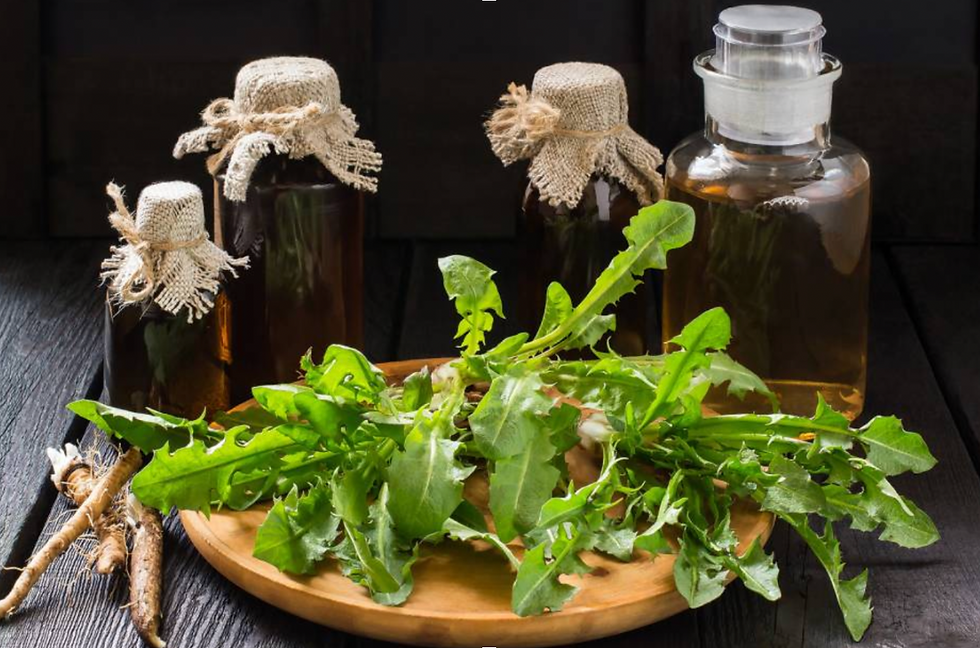How can improving your stomach acid improve your health?
- Dr Jessie Fayers (TCM)

- May 2, 2023
- 3 min read
Updated: Jun 21, 2023
What is Hypochlorhydria?
Hypochlorhydria is when you secrete less than optimal amounts of stomach acid. This means the body isn’t breaking down the proteins and foods you ingest. It also means you lose a line of defense against microbes, spores and viruses coming into the body via food 1.

People commonly think that stomach acid is bad, that it causes reflux and heartburn. Actually, having the right amount of stomach acid is vital for health. A healthy person's gastric acid should sit below a pH of 3, but some studies and claims show that up to 90% of the population may have low acid levels. Some of the symptoms may include: feeling full after regular meals; heartburn; undigested food in stools; bloating; constipation; diarrhea; gas and stomach cramps.
How does low acid affect my health?
Low gastric acid means we are unable to break down and absorb proteins and nutrients from the foods we eat. I often tell my patient that the expensive high quality foods and supplements they buy are wasted unless we correct their stomach acid first. Overtime low acid can lead to nutritional deficiencies like b12 deficiency, digestive dysfunctions such as small intestine bacterial overgrowth (SIBO), bloating, constipation, fatigue and h-pylori infection.
How do you know if you have low acid levels?
Common tests include:
Betaine HCL challenge test: most reliable home test involving taking an HCL supplement to determine insufficiency.
Comprehensive gut testing: will reveal undigested food is in the stool as well as being able to identify other imbalances contributing to low levels.
Heidelberg pH test: pH test prescribed by a gastroenterologist.
What can I do to improve my acid levels?
Common tests include:
Hydrochloric acid supplements such as betaine hydrochloride (hcl) and enzymes are used to restore the pH of your stomach.
Zinc is a building block for stomach acid, so make sure you are getting enough in your diet from foods like - oysters, crab and lobster, pumpkin seeds, chicken, kale and mushrooms, and/or take a supplement.
Medications like PPI’s (proton pump inhibitors) and antacids reduce the secretions of stomach acid.
Also:
Relax
According to Harvard Medical School stress can slow down or even stop the digestive process. Relaxing with calming music, deep breaths and putting screens aside whilst you eat are some effective ways to enhance gastrointestinal function and increase stomach acid secretions.
Chew your food slowly
We all know someone who literally inhales their dinner and are bypassing the first phase of the digestive process- chewing. Chewing generates saliva to signal parietal cells in the gastric glands of the stomach to secrete hydrochloric acid (HCL). Smelling and tasting your food heralds this acid secretion too. So next time you sit down for a meal take time to bring your bowl close for a smell before savoring the tastes whilst chewing slowly and enjoying.
Bitter is better
Bitter digestive herbs are used to stimulate stomach acid. Aperitifs contain herbs like bitter citrus leaves and gentian root to prepare the body for a meal. You can get a hold of a digestive formula and have a few drops before meals, or nibble on some bitter greens like chicory or radicchio as salad before a big meal to stimulate more secretions.

How can I help you?
You can book in for a nutritional consult where I can assess your symptoms and provide further functional testing such as stool tests, SIBO breath test and food intolerance panels. I stock herbs and HCL capsules to test and boost your stomach acid.
Click here to book either Telehealth or in person appointment: https://www.jessiefayers.com/bookings
By Dr Jessie Fayers (TCM)




Comments